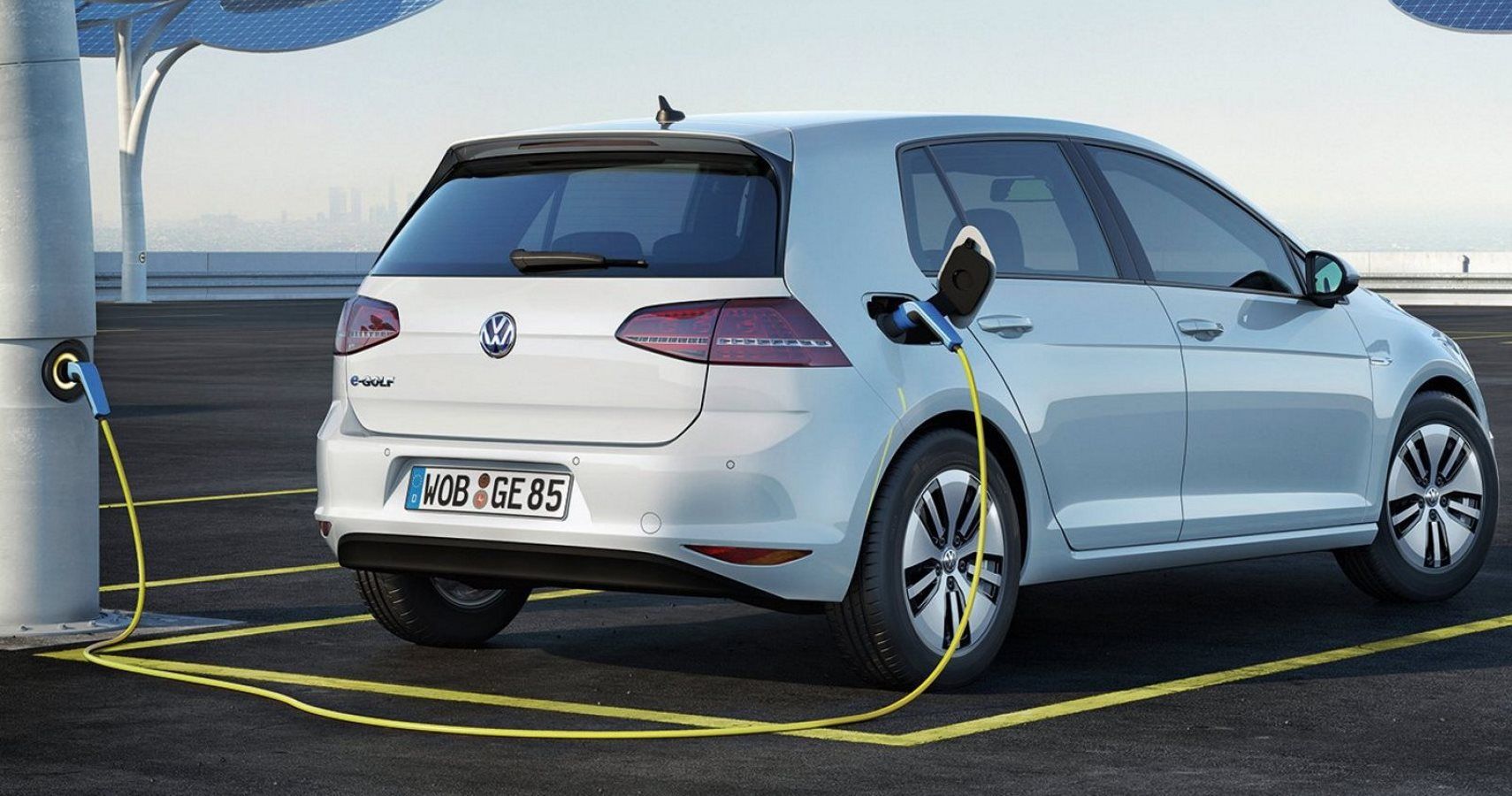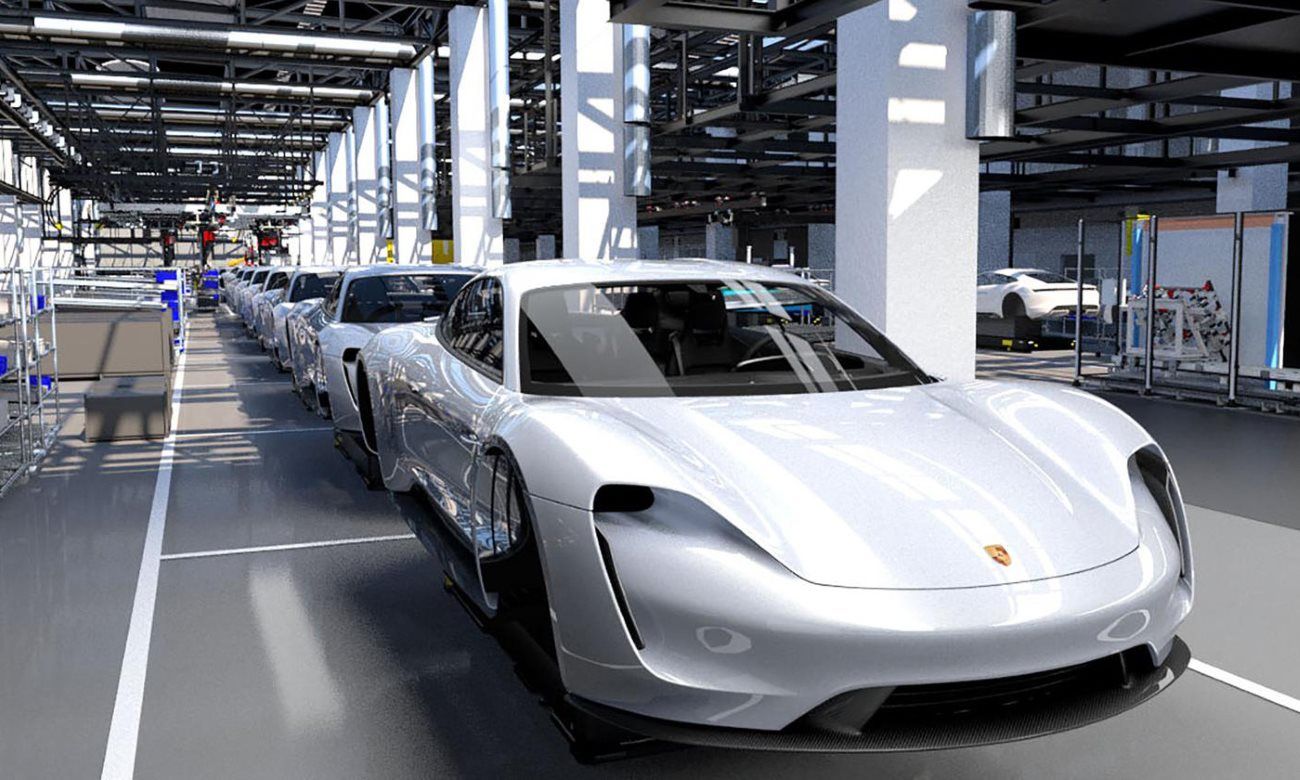Volkswagen has announced that the next generation of internal combustion engine vehicles will be there very last.
Speaking at an industry conference in Wolfsburg, Germany on Tuesday, VW’s chief strategist Michael Jost said that the last ever platform of combustion cars is being designed now.
“Our colleagues are working on the last platform for vehicles that aren’t CO2 neutral,” he said. “We’re gradually fading out combustion engines to the absolute minimum.”
Instead, Volkswagen will be replacing those cars with all-electric platforms designed to work with the world’s growing EV infrastructure. This will help lower the company’s carbon footprint and hopefully prevent catastrophic climate change.
Volkswagen is the largest car company in the world with 12 brands under its umbrella. Some of those brands, such as Porsche and Audi, are already on-board with creating electric fleets, but others, such as Lamborghini, are lagging behind until the technology is able to produce the kind of performance that such luxury brands require.
The first wave of electric cars should be coming within the next year, according to a new report from Bloomberg, starting with the Porsche Taycan (which was previously known as the Porsche Mission E). VW is spending $50 billion over the next 5 years to develop a fleet of electric, self-driving vehicles to see it into a greener future.
RELATED: FORD & VOLKSWAGEN'S RUMORED PARTNERSHIP EXPLAINED
However, Jost did admit that VW would not abandon gasoline entirely. In areas of the world that have insufficient charging infrastructure, VW would still provide internal combustion engine vehicles. VW engineers will not be designing new engines after the next generation, and whatever engines are produced within the next decade will only be tinkered going forward.
It should be noted that engines tend to live longer than vehicles, living as long as 10 years or more as opposed to a car’s 5-7 years, so we will likely see gasoline-powered VW cars, SUVs, and pickups well into the 2030s. But we’ll also see a growing number of purely electric, self-driving vehicles, too.
Jost said that VW is “fully committed” to the ideals outlined in the Paris climate accord, which seeks to reduce CO2 emissions to prevent a global catastrophe. But with the United States government still in denial about climate change, global catastrophe may be inevitable.
NEXT: VOLKSWAGEN SHOWS OFF NEAR-PRODUCTION READY TAROK PICKUP


